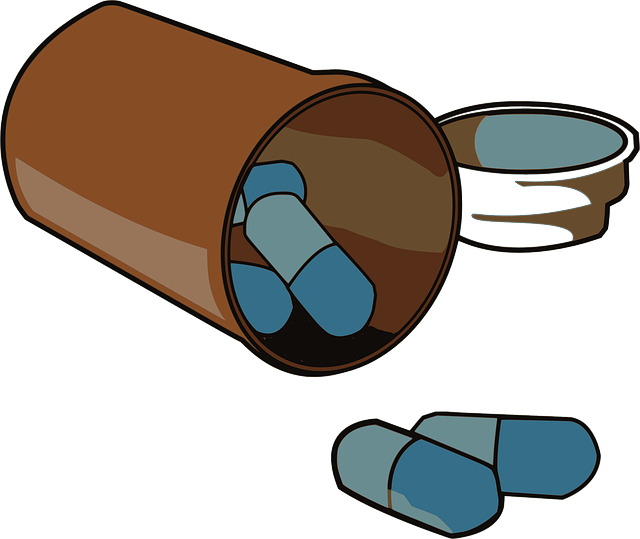Mefloquine: Dosage Guide, Uses for Malaria, and Side Effects

Mefloquine is a medication primarily used for the prevention and treatment of malaria, a life-threatening disease caused by parasites that are transmitted to people through the bites of infected mosquitoes. While it has proven effective, understanding its dosage, uses, and potential side effects is crucial for anyone considering or prescribed this medication.
Dosage Guide
The dosage of mefloquine varies based on its intended use, whether for prevention or treatment of malaria. The following is a general guide:
| Use | Dosage |
|---|---|
| Prevention (Adults) | 250 mg once a week |
| Treatment (Adults) | 750 mg initially, followed by 500 mg at 6-8 hours and then 500 mg on the next day |
| Prevention (Children) | 5 mg/kg once a week |
| Treatment (Children) | 15 mg/kg initially, followed by 10 mg/kg at 6-8 hours and then 10 mg/kg on the next day |
It’s important to take mefloquine at the same time each week to maintain consistent levels in your bloodstream. Always consult a healthcare provider for personalized dosage recommendations based on individual health conditions and travel plans.
Uses for Malaria
Mefloquine is effective against several strains of malaria, particularly Plasmodium falciparum, which is known for its resistance to other anti-malarial medications. It is often used in areas where malaria is prevalent and can be an essential part of travel health preparations.
Travelers to high-risk regions are advised to start taking mefloquine at least one week before traveling, continue during their stay, and for four weeks after returning. This regimen helps ensure that the medication is in their system when exposed to the malaria-carrying mosquitoes.
Potential Side Effects
Like any medication, mefloquine can cause side effects. While many users tolerate it well, it’s important to be aware of the potential adverse effects, which may include:
- Headache
- Nausea and vomiting
- Dizziness or lightheadedness
- Sleep disturbances, including vivid dreams or insomnia
- Fatigue
In rare instances, more severe side effects may occur, such as neuropsychiatric symptoms, including anxiety, depression, and hallucinations. Anyone experiencing severe side effects should seek medical attention immediately. Understanding these risks is important for making informed decisions about using mefloquine.
Final Thoughts
Mefloquine remains a valuable tool in the fight against malaria, especially for travelers heading into high-risk regions. By adhering to the prescribed dosages and being aware of potential side effects, individuals can better protect themselves from this dangerous disease. Always consult with healthcare professionals for personalized advice and to discuss the best preventive measures for your specific travel needs.
